If your vehicle's engine died and you have decided to get it replaced, there are some benefits. For example, it is typically cheaper than buying a new vehicle. However, are there more things that you will need to replace after the engine replacement? We have researched to answer this question on your behalf.
After an engine replacement, there are vital parts that need to be checked. If needed, you should replace the following components:
- Timing belt or chain
- O-rings
- Gaskets
- Seals
- Sensors and relays
- Water pump
- Spark plugs
- Thermostat
- Oil filter
- Air filter
- Water hoses and vacuum lines
- Exhaust manifold
- Fuel pump
- Camshafts
- Crankshafts
- Pistons and rods
We get it; this is a long list! However, these components are vital to your new engine's performance, and if you are going to pay for a new engine, you should also make sure these parts are replaced or at least in good condition. In this article, we will take a closer look at why these components are essential to check. In addition, we will discuss if doing an engine replacement affects the vehicle's value, so keep reading!
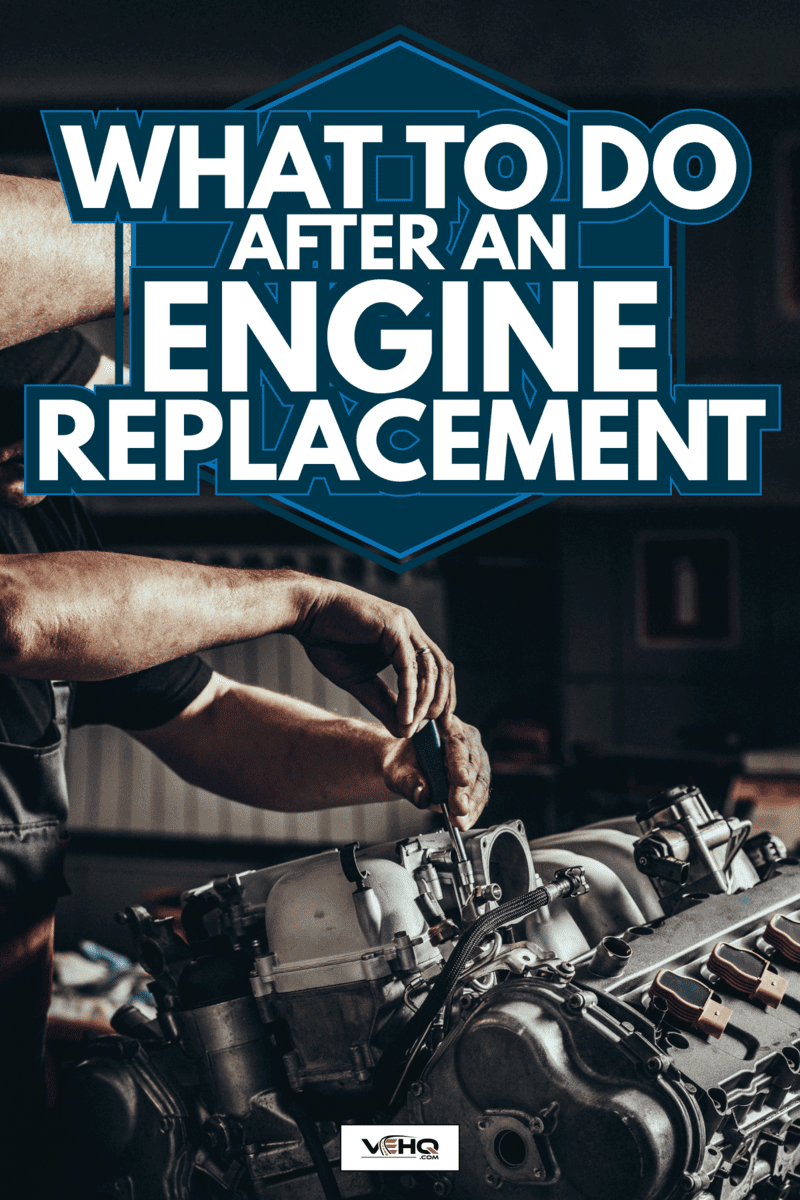
What To Do After An Engine Replacement
After an engine replacement, you should check other engine components to ensure the vehicle's performance. The following are crucial parts that need checking before continuing your journey with a new engine:
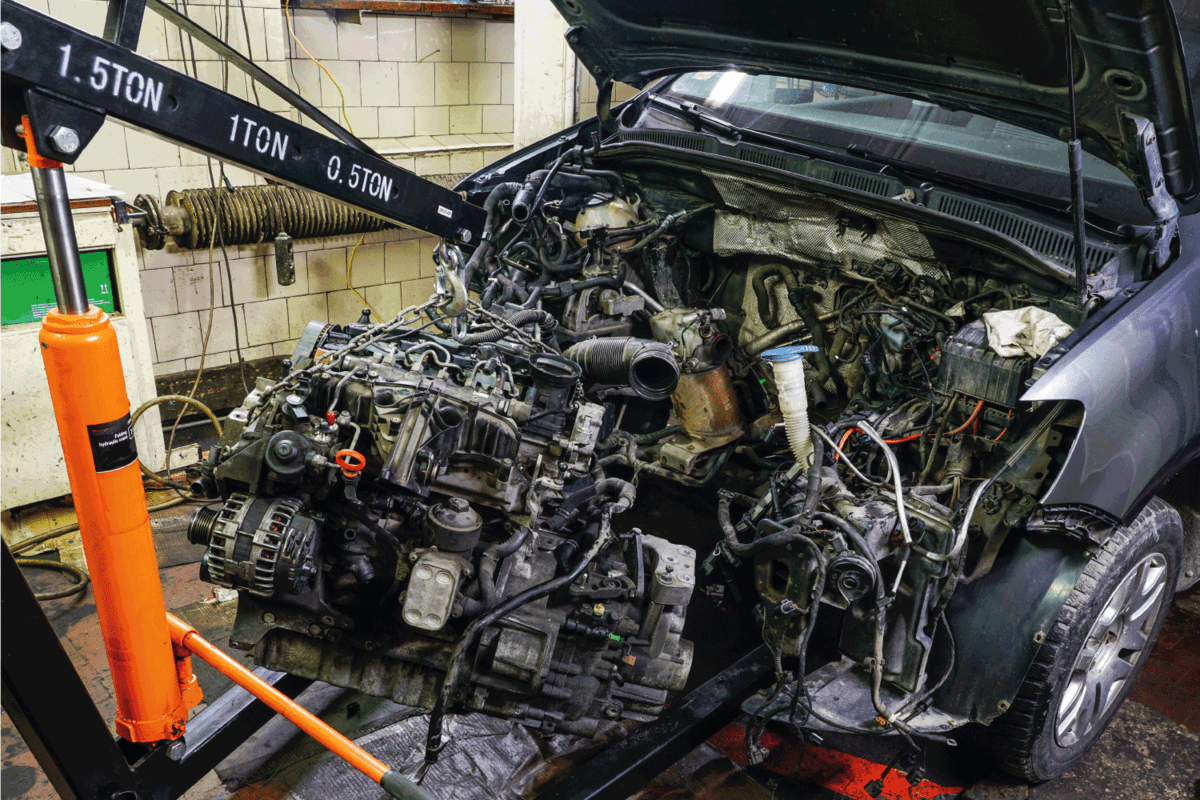
Timing Belt/Chain
Considered an essential part of the vehicle, the timing belt or chain is responsible for ensuring that all valves open and close at the proper time.
In addition, it also ensures that two or more pistons do not collide at their topmost position. Therefore, a damaged timing belt may result in valve and piston collisions leading to damage or complete engine failure.
O-Rings/Gaskets
With an engine replacement, you should always check if the o-rings and gaskets have been correctly sealed. If not, it is recommended to get them replaced, or you can opt to seal the new engine properly on your own.
Seals
A seal is a part that keeps liquids from leaking out of a specific area while also preventing anything from entering that space. It has contact with two surfaces at the same time.
For example, an oil seal is responsible for preventing oil from leaking out of the engine and preventing dirt or other particles from entering it.
Sensors & Relays
Sensors are crucial components in your vehicle's engine. They send important information to different systems so that they can work properly. Some sensors send information while others receive it.
For example, the knock sensor detects knocking sounds while the oxygen sensor receives information about the existing amount of oxygen in your engine's cylinders.
If a sensor is sabotaged after an engine replacement, then it may lead to different problems such as poor fuel economy and lack of power.
Water Pump
The water pump circulates coolant throughout your engine. Therefore, if the pump is not working correctly, it can lead to overheating or freeze your vehicle's engine.
Spark Plugs
The spark plugs provide the engine with an ignition that creates a spark in its cylinders. This allows your car to work because when you turn on the ignition switch, power flows from the battery into your engine's electrical system delivering electricity to each spark plug.
Without these plugs, it is nearly impossible for your car to start. Therefore, if you just got your engine replaced, then make sure that all of its spark plugs are in good condition so that they can generate enough power for proper ignition.
Thermostat
The thermostat regulates the engine's cooling system. Therefore, if it is faulty, you risk overheating your car's engine because the cooling system will not work correctly. If this happens, your vehicle may stall unexpectedly while driving or start to overheat constantly.
Oil Filter
The oil filter prevents impurities found in oil from entering the engine. You must check if oil is properly circulating through your engine's system after an engine replacement because a faulty oil filter may lead to some severe problems.
For example, without proper lubrication of your car's moving parts, it can cause the failure of other crucial components such as its timing belt or exhaust manifold.
Air Filter
The air filter controls outside particles from entering your vehicle's engine and causing damage to its moving parts. If this component is faulty, you may face issues such as poor acceleration, the engine dying suddenly while driving, or lack of fuel.
Water Hoses & Vacuum Lines
If you get a replacement engine, you need to check if all of your vehicle's water hoses and vacuum lines are appropriately connected.
If not, then the new engine may not work because it lacks some small but essential components that can cause serious issues such as overheating and lack of power.
Exhaust Manifold
The exhaust manifold connects your car's exhaust system to its engine. Therefore, if the manifold fails, you will notice severe issues like lack of power or overheating while driving.
Fuel Pump
The fuel pump is responsible for pressurizing the vehicle's fuel delivery system. If it does not work correctly, your vehicle may stall unexpectedly while driving or refuse to start.
Camshafts & Crankshafts
These two components are responsible for your vehicle's timing. If you notice performance issues such as lack of power and poor fuel economy, it may be due to defective camshafts and crankshafts.
The crankshaft rotates your car's pistons up and down. Therefore, it is a crucial part of your engine that you need to check for defects after an engine replacement.
Pistons & Rods
These components work together to move your car's crankshaft up and down. Therefore, they must be in good condition after an engine replacement because if any of their moving parts break, you risk severe damage to your vehicle's engine.
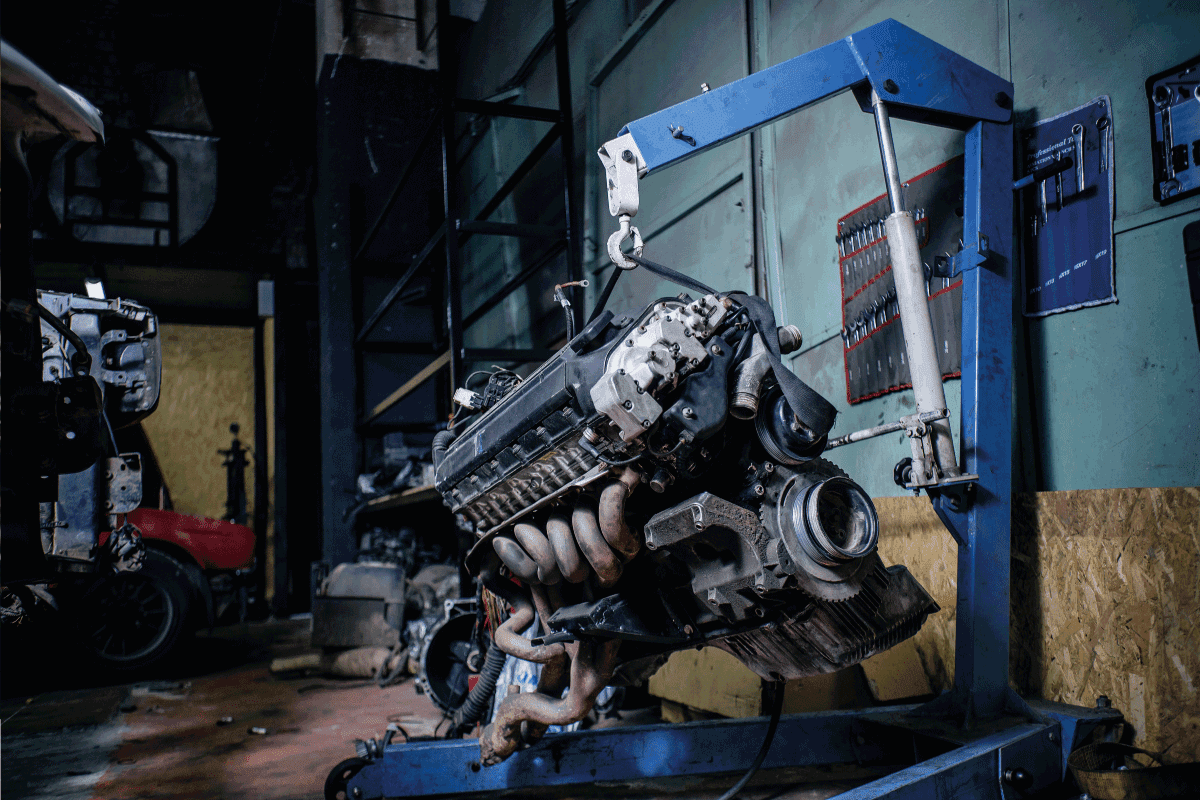
Does replacing the engine affect the value of a car?
When selling your vehicle with a replaced engine, it is common to worry about what potential buyers think.
However, used dealerships and private owners should be relieved to know that the engine and the parts listed above have been replaced. As a result, replacing the engine could improve the value of the car versus hurting it.
However, no guarantee replacing the engine will increase the value of the vehicle. In fact, on paper, the value of a car won't go up or down because you replaced the engine.
For example, if you go onto NADA or KBB, you can't enter the new engine's mileage to get a value. Other factors for the vehicle's value include the overall condition of the car, trim package, and drivetrain.
You will still need to put in the odometer reading to get a book value for the car. Dealerships and private buyers might still consider the new engines and pay more than they usually would, but the value will not change on paper.
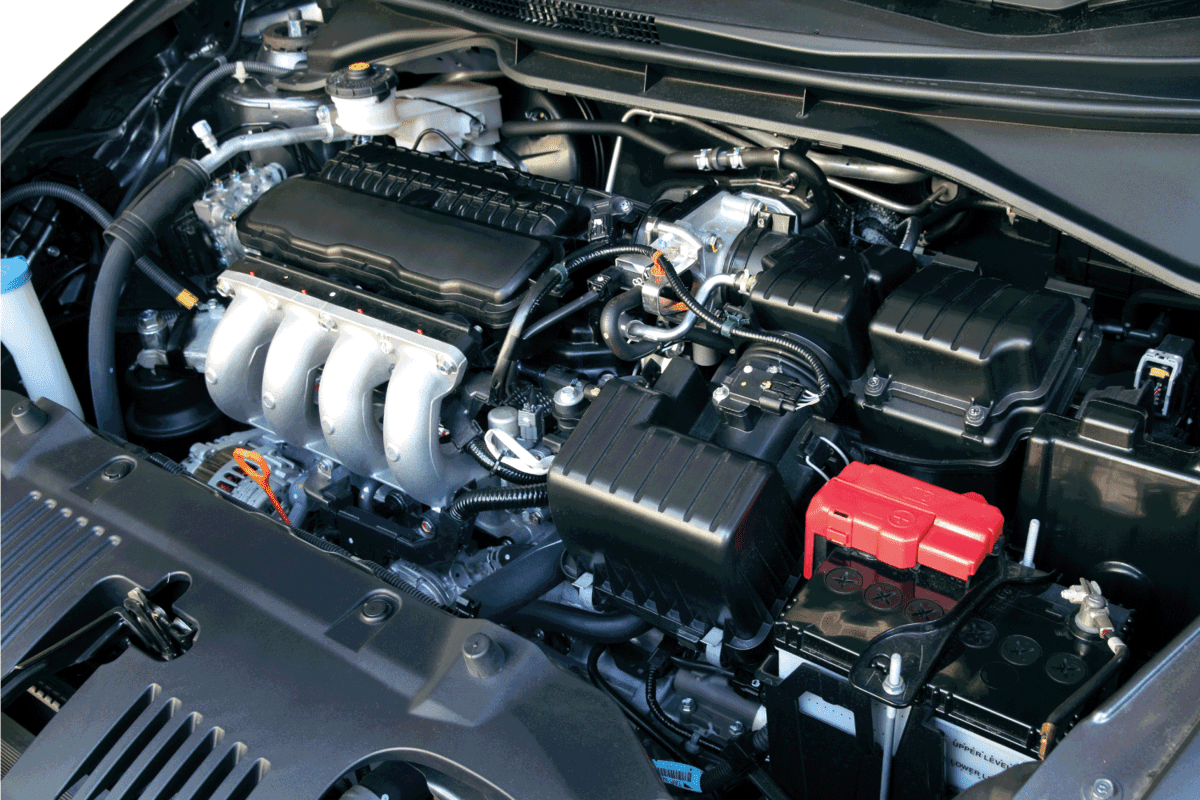
Does replacing an engine reset mileage?
Replacing an engine does not reset a vehicle's mileage. The odometer will still increase as usual because, technically, the car's body still has that many miles. Also, the replacement engine might have different mileage.
You should never reset a vehicle's odometer as it is misleading and potentially illegal! In addition, vehicle history reports such as CarFax will show a possible odometer reset, a big red flag for potential buyers.
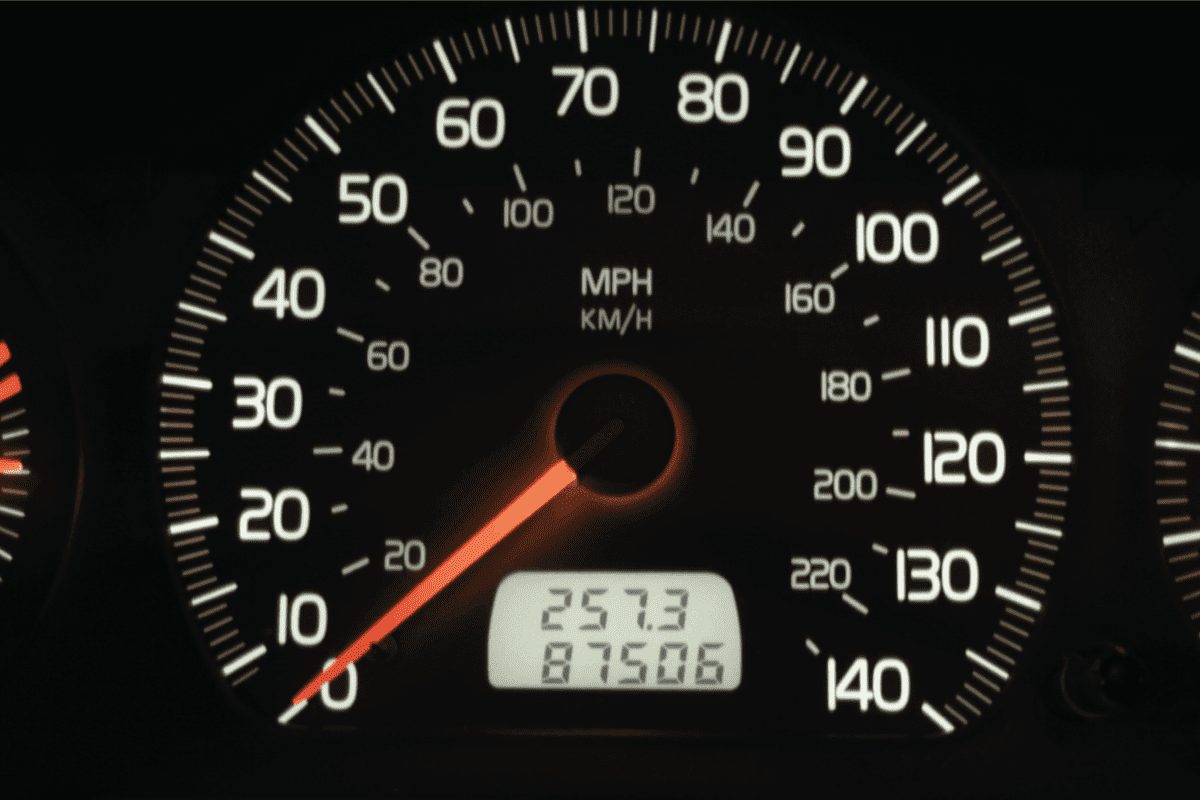
Does replacing an engine change the title?
No, replacing an engine does not change the title of your vehicle. Therefore, it is essential to be honest with potential buyers about this fact when selling your car.
The only time the title would change when replacing the engine is if the vehicle was wrecked and deemed a total loss. In this case, the title would be changed from clean to salvaged.
How many miles will a rebuilt engine last?
A rebuilt engine is essentially brand new, with all of its parts replaced. Therefore, it should last as long as a brand new engine.
However, that means the lifespan can vary depending on how the engine is treated and maintained. For example, you will still need to do regular services to increase the engine's life.
However, rebuilding an engine only replaces most of the components. It does not include replacing sub-components such as injectors or valves that are more expensive and can cause problems down the line.
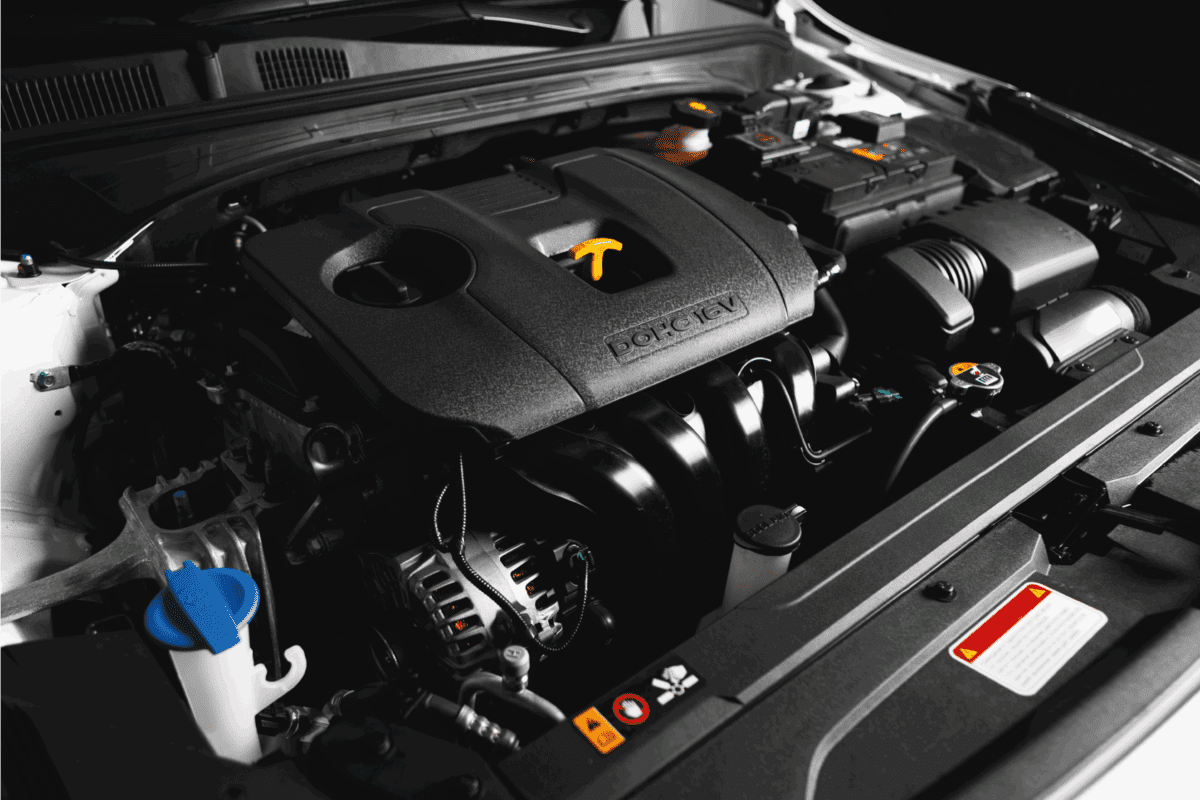
Is it cheaper to rebuild an engine or replace it?
The price of a rebuild or replacement engine varies from one vehicle to the next. It also depends on the reason for needing a replacement, such as damage due to neglect.
In general, rebuilding an engine is less expensive than replacing it if you have some knowledge and access to equipment. Many professional services can provide these services, such as local mechanics and wrecking yards.
If you are a savvy mechanic, the least expensive option is to do the rebuild yourself. Several people do this, but they are people with several years of experience in engine mechanics.
However, if you are not geared towards engine rebuilds, having it done by a certified mechanic is your best bet.
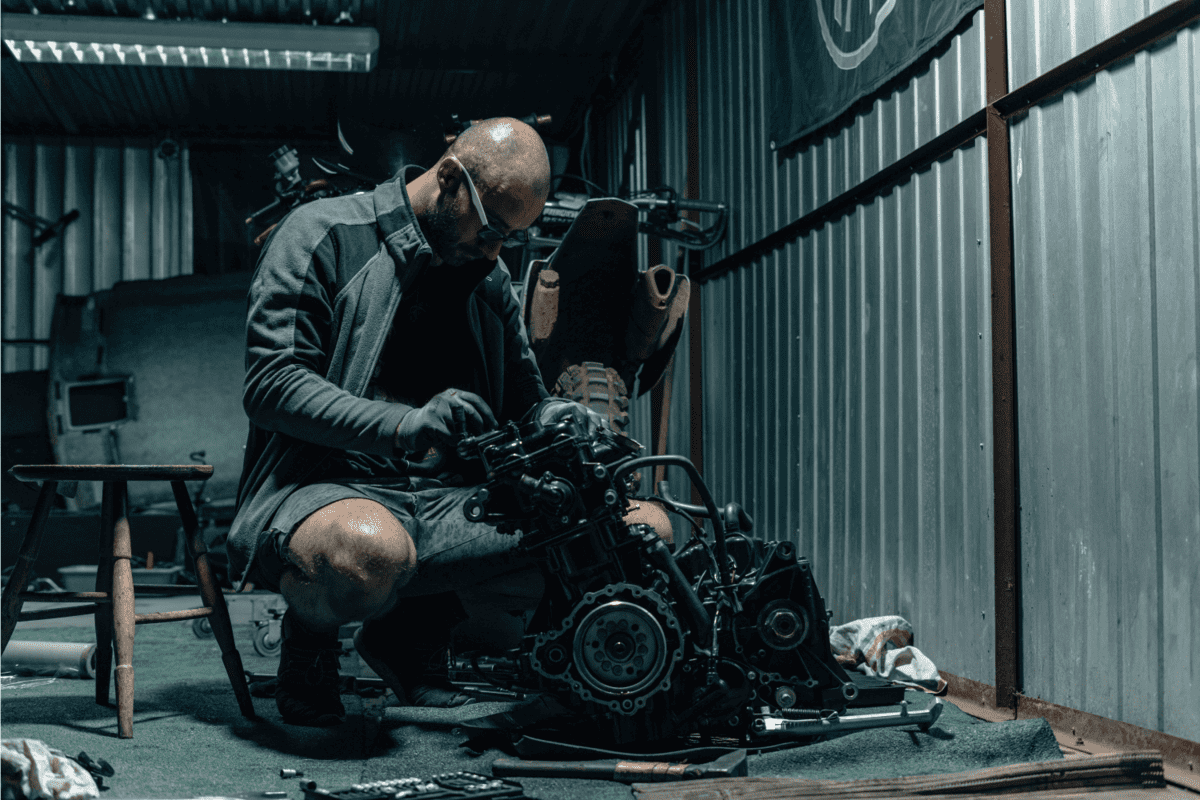
Final Thoughts
Overall, replacing your vehicle's engine might be an excellent route to go versus buying a new one. However, as you can see from this article, several components need to be checked and possibly replaced after the engine replacement is complete.
So, if you want to save some money, talk to your mechanic to see if an engine rebuild is an option, rather than doing a complete engine replacement!
If you liked this article, then you should also check out:
How Long Does It Take To Replace An Engine?
